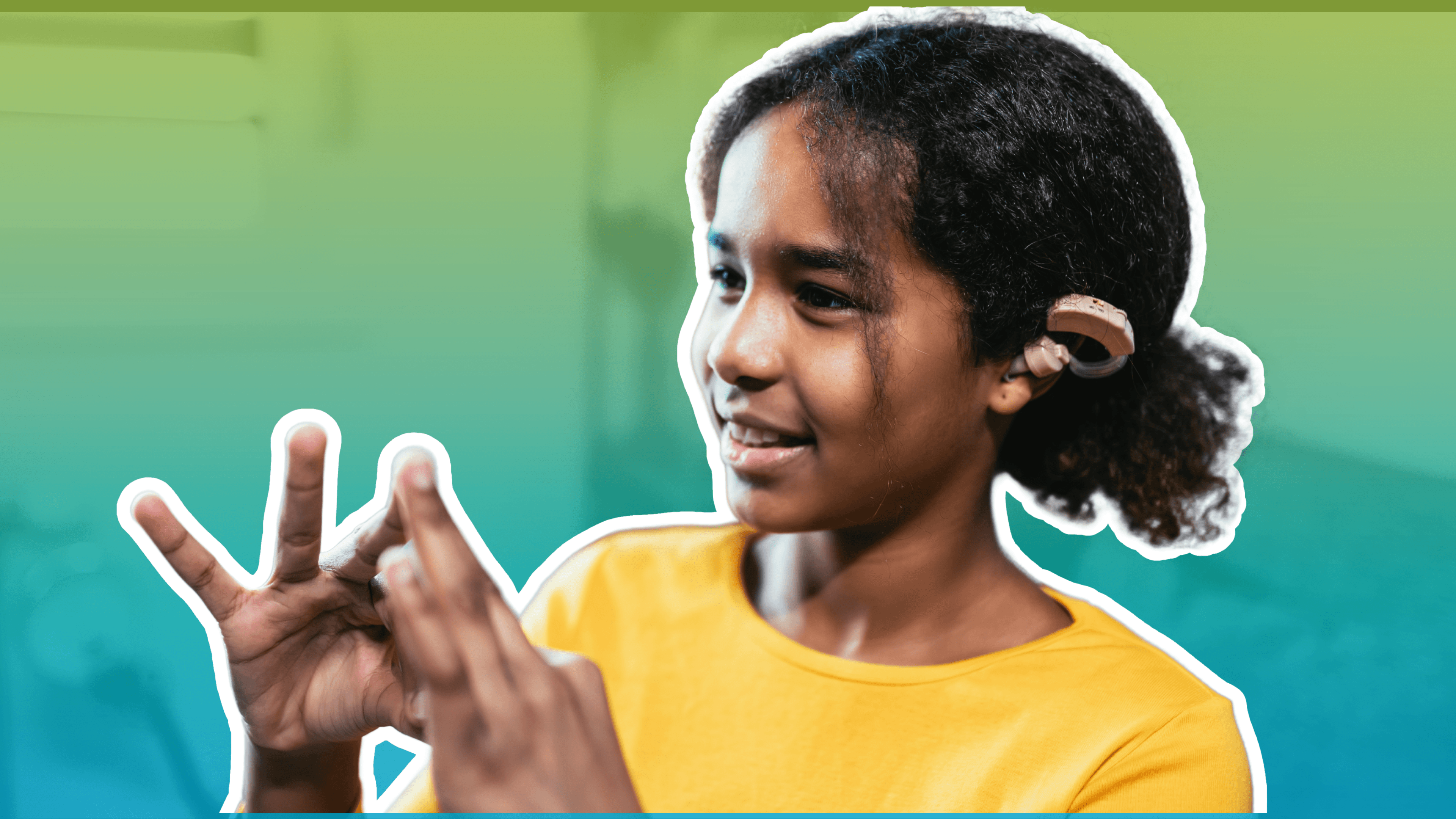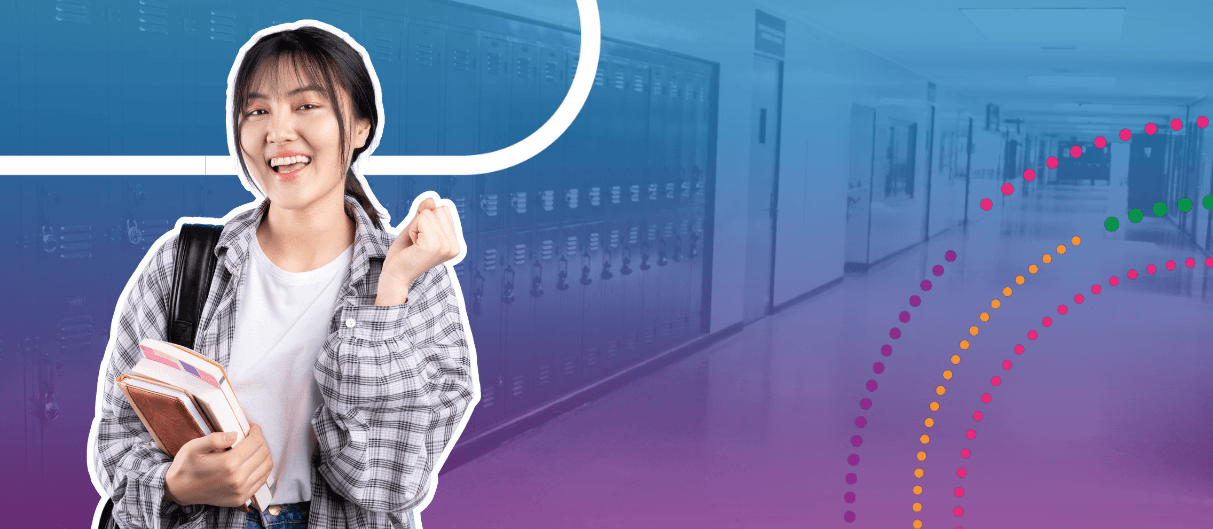How Assessments Support IEP and Special Education Transition Planning
Copied Link!
How Assessments Support IEP and Special Education Transition Planning
This post highlights how Pathful’s assessments can support IEP transition planning by helping students with disabilities identify strengths, set meaningful goals, and connect with real-world experiences.

Individualized Education Programs (IEPs) play a crucial role in ensuring that students with special needs receive the support they need for success in school and beyond. A key component of an effective IEP is transition planning, which prepares students for life after high school by focusing on career, education, and independent living goals. Pathful’s assessments provide valuable insights that can inform and enhance the transition planning process, helping educators, students, and families create actionable steps toward meaningful postsecondary outcomes.
Understanding Transition Planning and Its Importance
Transition planning is a federally mandated part of the IEP process, beginning at age 14-16 (depending on the state). It involves setting measurable postsecondary goals based on student interests, strengths, and needs. These goals should be aligned with employment, education, and independent living skills. Assessments help determine a student’s abilities, interests, and potential career paths, ensuring that their transition plan is both realistic and motivating.
How Pathful’s Assessments Support Transition Planning
Pathful’s suite of assessments provides critical insights that help educators tailor transition plans to each student’s unique strengths and aspirations. Here’s how they can be utilized:
- Interest Assessments: Help students identify careers and industries that align with their personal preferences, making career exploration more engaging and relevant.
- Skills and Strengths Assessments: Evaluate students’ abilities and highlight areas for growth, ensuring that transition plans include necessary skill-building activities.
- Work Values Assessments: Assist students in understanding what they value in a work environment, aiding in long-term career satisfaction and workplace readiness.
These assessments provide concrete data that educators and families can use to set appropriate IEP transition goals, ensuring that students receive the right supports to thrive in their chosen paths.
Using Assessment Results to Guide Actionable Steps
Once assessments are completed, it’s essential to translate the results into meaningful action. Here’s how educators and IEP teams can use Pathful’s assessment insights:
- Career Exploration Activities: Based on students’ assessment results, educators can introduce Pathful’s career exploration resources, such as Employability Videos and FlexLessons, to help students research potential careers and understand job expectations.
- Skill Development Plans: If an assessment identifies skill gaps, students can be enrolled in relevant coursework, training programs, or work-based learning opportunities that build those skills.
- Personalized Postsecondary Planning: Transition goals should be tailored to each student’s strengths and interests, incorporating community resources, vocational training, or college support programs. Pathful's Postsecondary Plan and Goal Setting Tool can assist with this process.
- Connecting with Real-World Opportunities: Pathful’s Work-Based Learning (WBL) Module allows students to engage with job shadowing, industry-led projects, and virtual mentorships that align with their assessment results, providing hands-on experience before graduation.
- Regular Reassessment and Adjustments: Students' interests and skills evolve, so it’s important to periodically revisit assessments and update transition plans accordingly to reflect new goals or aspirations.
Empowering Families in the Transition Process
Families play a key role in supporting transition planning, and Pathful provides resources to help them engage in meaningful career discussions at home. By reviewing assessment results together, discussing potential pathways, and exploring available supports, families can help ensure students feel confident and prepared for their next steps.

Pathful’s assessments are a powerful tool in special education transition planning, providing critical data that shapes meaningful and individualized postsecondary goals. By using these insights to drive career exploration, skill development, and hands-on experiences, educators can empower students to transition successfully into the workforce, higher education, or independent living. Regular reassessment and family involvement further strengthen the transition process, ensuring that students with IEPs have a clear and supportive roadmap for their future.
More Resources
|
March 12th, 2025|
March 5th, 2025|
February 6th, 2025|
October 10th, 2024|
September 4th, 2024|
July 8th, 2024


